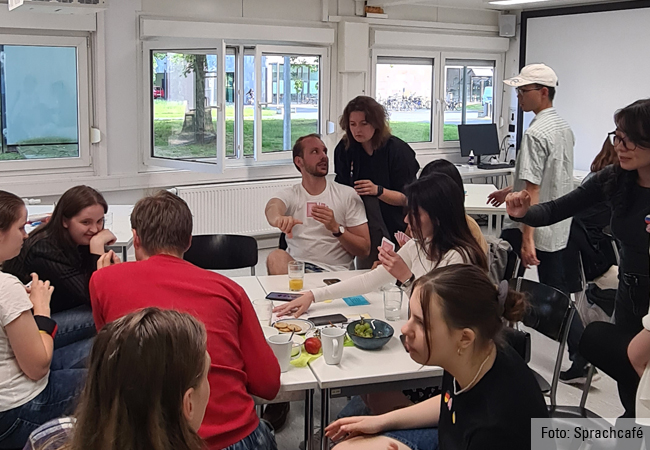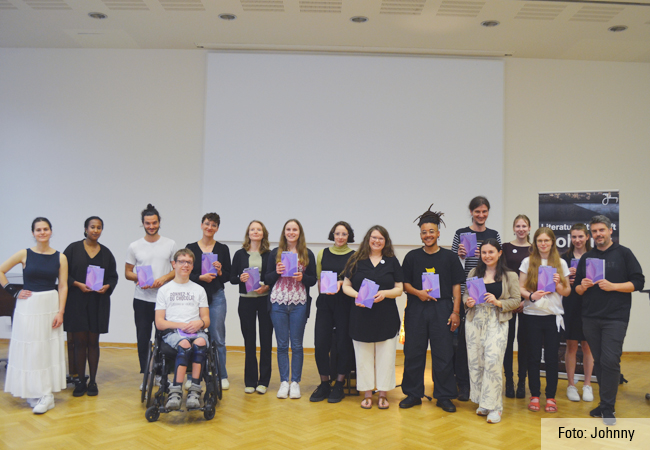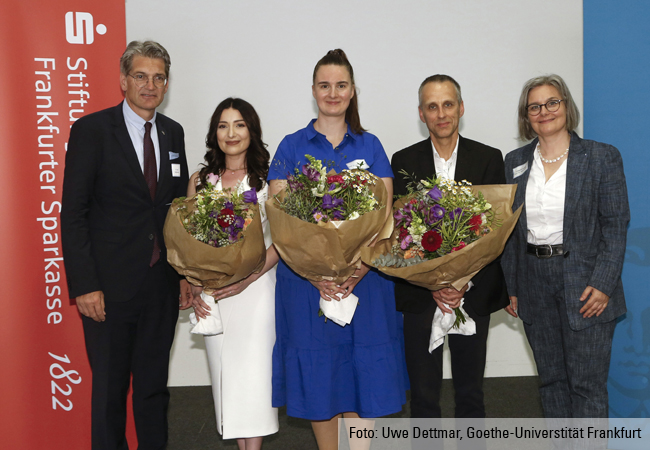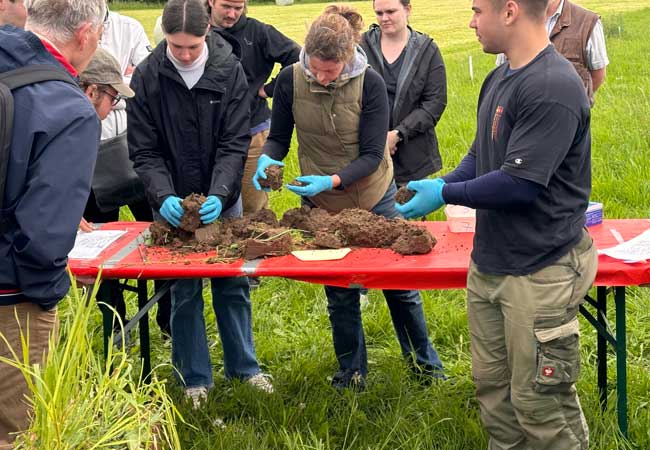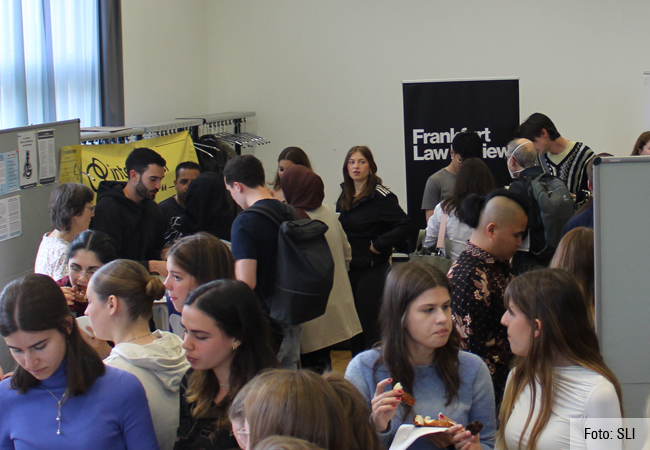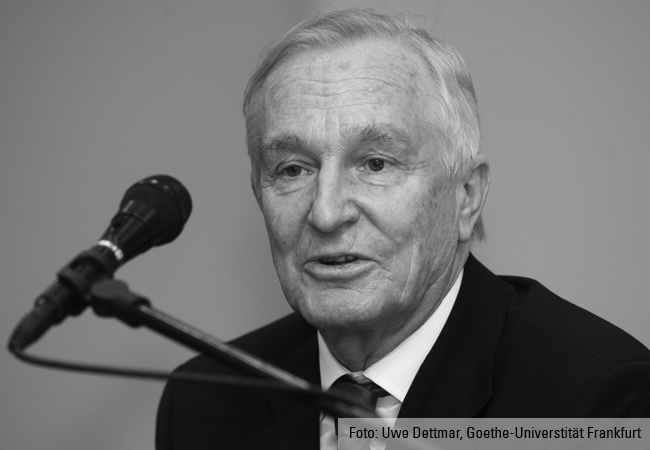The E²piMINT learning lab project at Goethe University Frankfurt, which was commended just recently, was selected from over 100 applications on the topic of STEM and invited to re:publica 2024 in Berlin. The team had the opportunity to present its innovative concept for inclusive science teaching, which encourages school students both with and without special needs to embrace science.
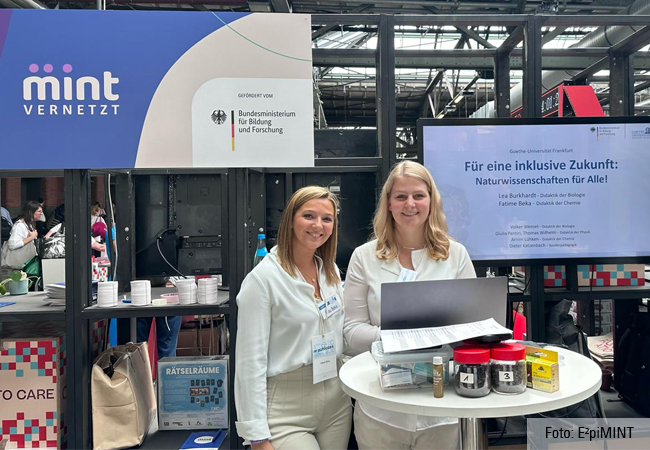
In this project, school students experiment by themselves and deal with topics from the perspectives of all three natural sciences. Each group of four is given a “Researcher’s Kit” with four experiments so that each student can work on an experiment independently but at the same time exchange ideas within the group. The groups are then assigned a joint task and document their results on a group poster. Their teachers play a supporting role; the focus is on the students’ independence and collaboration.
Different approaches to the experiments (video or simple written instructions), help cards (that explain difficult terms or processes) and additional tasks (for quick and more capable students) ensure learning progress – regardless of learning ability. In addition to the methodology, the topics themselves are special: They are questions familiar to the school students from everyday life. This makes it easier for them to understand the content of the experiments and get excited about science.
The concept as well as the “Colors” and “Bonding and Adhesion” student labs were developed and evaluated by a multidisciplinary project team at Goethe University Frankfurt, which includes the two doctoral candidates Lea Mareike Burkhardt and Giulia Pantiri, Master’s student Fatime Beka, Professor Volker Wenzel (Didactics of Biology), Professor Arnim Lühken (Didactics of Chemistry), Professor Thomas Wilhelm (Didactics of Physics) and Professor Dieter Katzenbach (Inclusive Education).
Professor Volker Wenzel was very pleased about the invitation to re:publica: “Presenting our project at re:publica helped us to make this great concept more widely known and to gain visibility beyond the borders of Hesse. We were also able to network with other STEM stakeholders.”
Lea Burkhardt
Night of Science: Coral-friendly sunscreen
A group of students taking part in the global iGEM competition (International Genetically Engineered Machine) is currently exploring how to make a biodegradable sunscreen. The team is developing the product on the basis of UV-absorbing amino acids, which are to be produced with the help of genetically modified bacteria. The advantage is that the sunscreen should be completely biodegradable and thus differ from conventional products, whose ingredients can poison corals, for example. The team, which is taking part in the global “Synthetic Biology Competition”, presented its project at the “Night of Science 2024” (https://igem.uni-frankfurt.de/).
The Night of Science attracts up to 10,000 visitors to Riedberg Campus every year. This year, lecturers held 80 talks on their respective subjects, and over 30 initiatives and groups presented themselves on their information stands. In addition, guided tours allowed a glimpse behind the scenes of science and visitors had an opportunity to learn more about science degree programs.
Markus Bernards
Further information: https://nightofscience.de


